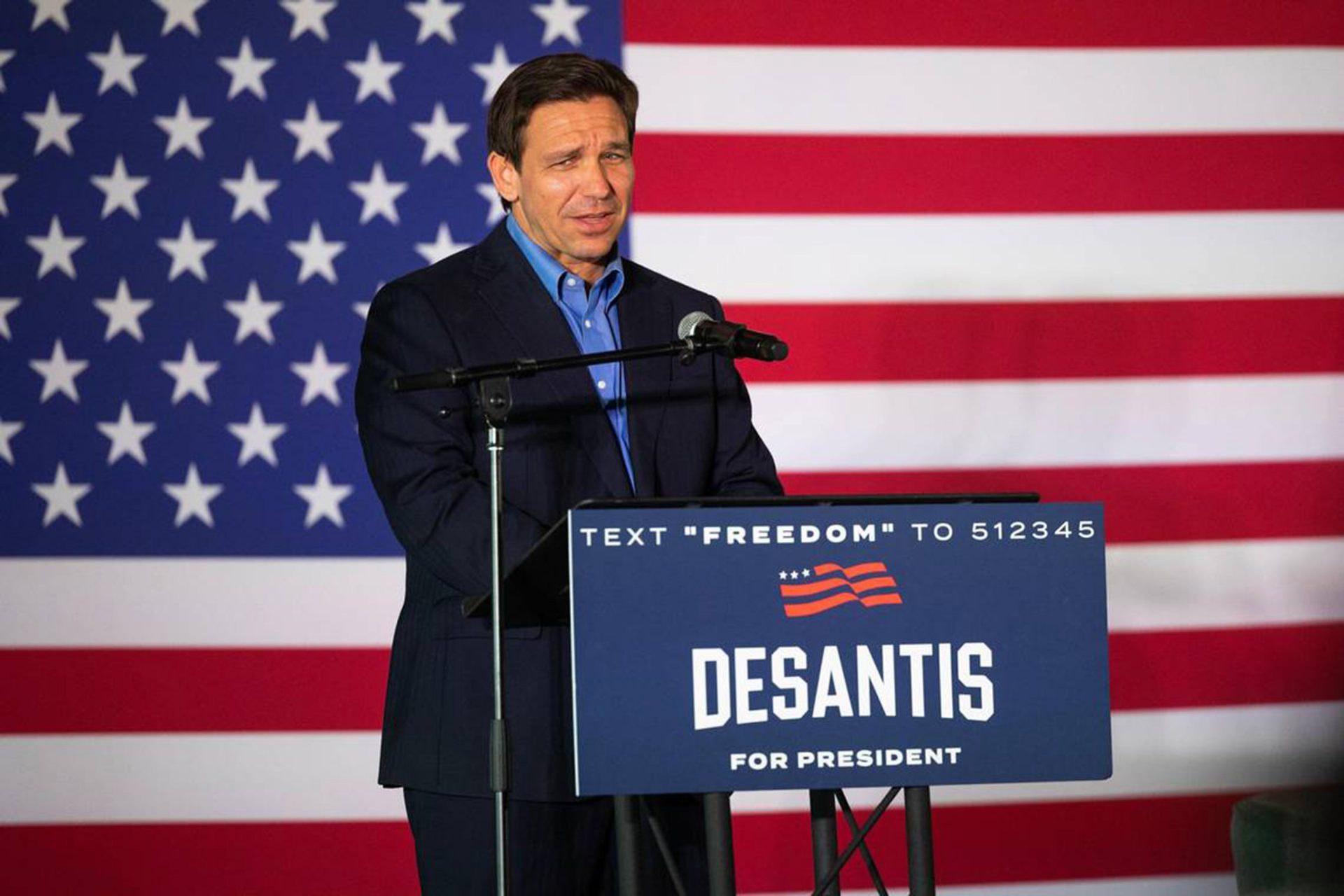Disney Vs. DeSantis: What's behind the clash between Florida and Mickey Mouse?
The Walt Disney Company and Florida Governor Ron DeSantis have been going head-to-head in the past years, with DeSantis arguing he's doing it just to “protect the kids” as he revealed in an ABC News interview.
And at the center of the battle between the Sunshine State and the House of the Mouse is Disney's control of its parks within the Reedy Creek Improvement District.
DeSantis has been the exception over the historically positive relationship between the Mickey Mouse company and the government of Florida over the company’s defense of LGBT rights of its employees and park visitors.
AP News reported back in August that the new local government pushed by DeSantis has stripped all the diversity, equity, and inclusion programs within the district that governs Walt Disney World.
Image: @sushioutlaw / Unsplash
However, let’s look back at exactly how Disney became owner of a piece of land five times the size of Manhattan in Central Florida.
In the early 1960s, Walt Disney was looking to channel the success of Disneyland into something bigger and better.
Disney found the perfect place for his future magic kingdom in the middle of Florida.
Image: Anita Denunzio / Unsplash
The Walt Disney Company acquired huge tracts of land in Orange and Osceola Counties, just outside Orlando, but there was still the question of how all of this would be managed.
After all, building and maintaining these parks and resorts would force Disney to deal with two different county governments, plus the state of Florida.
Pictured: Florida state capitol in Tallahassee
A Wall Street Journal piece highlights that Walt Disney not only wanted to control what sort of neighbors and businesses would spring around his parks, but also have a swift way to deal with bureaucracy.
The answer? Find a way for Disney, somehow, to not just be another landowner but also the local government.
This led to the creation of the Reedy Creek Improvement District in 1967, encompassing the cities of Bay Lake and Lake Buena Vista and the surrounding area.
Walt Disney’s original vision not only included the theme parks and resorts we know today, but also a new state-of-the-art residential community called EPCOT.
EPCOT, which stands for Experimental Prototype City of Tomorrow, was meant to be a planned community to test state-of-the-art innovations in housing, mass transportation and living.
That’s why the laws of RCID specifically allow the Walt Disney Company to control building codes and current and future transportation.
However, after Walt Disney’s death in December 1966, EPCOT was downsized to the vaguely technological showcase theme park we know today.
Special districts are not that unusual in the United States, however the RCID enjoyed far more autonomy, capable of running and maintaining infrastructure and services.
The Disney-appointment board that governs the district also runs the local police and the fire department.
The RCID has been able to fund this by taxing the biggest landowner in the area: Walt Disney World. Therefore, the House of the Mouse could have a say in its own services.
Walt Disney World opened in 1971 and is currently made up now of four theme parks, 27 hotels and resorts, and a huge amount of parking space, facilities, and installations that make up the happiest place on Earth.
But who elected the board that is responsible for keeping the RCID up and going? The landowners within the district. That’s right, Disney again and whoever Disney has allowed to live there.
Things changed in April 2022 when the Florida state legislature passed a bill that would dissolve the Reedy Creek Improvement District.
The RCID was replaced by the Central Florida Tourism Oversight District, and the Disney-appointed governing was changed by one selected by Governor Ron DeSantis.
However, Mickey Mouse had the last laugh, by having the RCID transfer many of its responsibilities directly to the Walt Disney Company, broadly limiting the power of the DeSantis-approved board.
The agreement, which CNBC reports grants Disney the power to develop infrastructure without the board’s consent, makes use of something called the King Charles Clause.
Image: Quick PS / Unsplash
The King Charles Clause means that Disney's power in Central Florida will be void only after the death of the last descendant of the current English monarch. In other words, it could virtually last forever.
Since then, Disney and Florida have been fighting in court. The House of the Mouse sued DeSantis for “weaponize government power against Disney in retaliation for expressing a political viewpoint unpopular with certain state officials”, as quoted by the BBC.
Will DeSantis be able to win over The Happiest Place on Earth? It seems unlikely, but stranger things have happened in Florida.
More for you
Top Stories









































